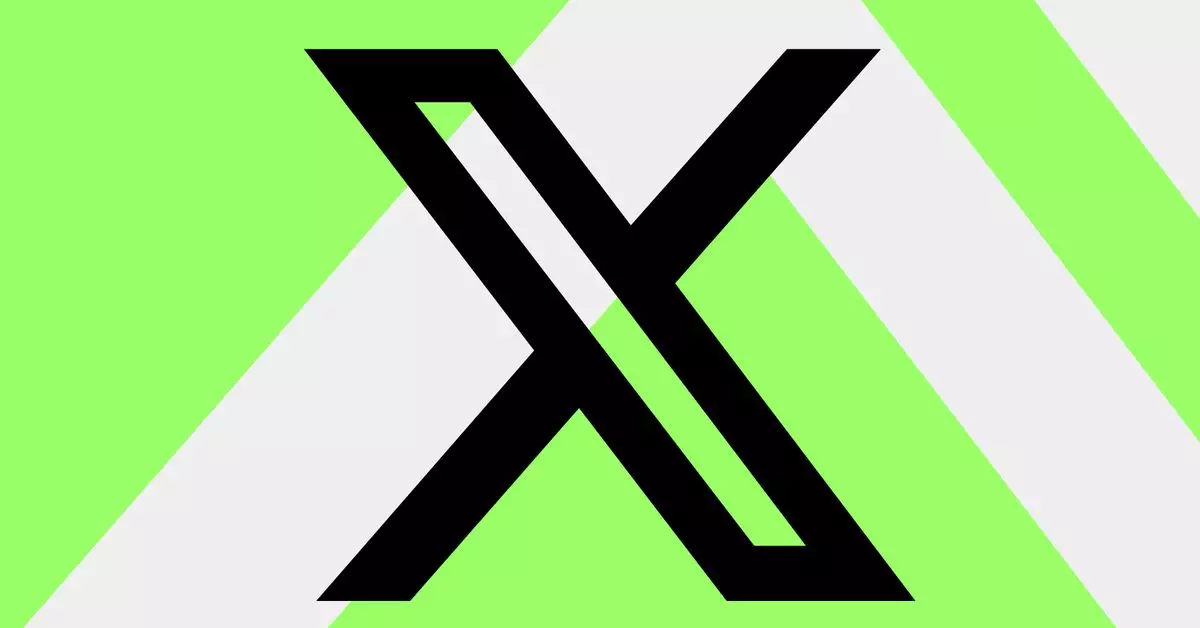The recent developments surrounding the social media platform X, formerly known as Twitter, highlight the intricate balance between free expression and legal obligations within varying global contexts. For Brazilian users, particularly those who have expressed frustration over censorship and restrictions, the potential revival of X services in the country raises questions about the platform’s commitment to free speech amidst legal pressure. This situation is emblematic of the broader challenges social media companies face when navigating complex socio-political landscapes.
According to reports from the New York Times, X’s legal team has taken significant steps to facilitate the platform’s re-entry into Brazil. The company’s decision to comply with a Brazilian Supreme Court ruling, which mandated the removal of certain accounts for allegedly threatening the nation’s democratic fabric, underscores a major shift from previous rhetoric. Elon Musk’s staunch defense of free speech has often painted a picture of disregard for authority and legal norms. However, this recent compliance may suggest a strategic compromise aimed at regaining access to a lucrative market.
The court’s initial ban, reportedly a measure to protect citizens from undue influence and misinformation associated with extremist elements, demonstrates a proactive approach by Brazilian authorities in safeguarding democratic processes. Nonetheless, this compliance showcases a poignant question: how does a platform like X reconcile its advocacy for free speech with the responsibilities it bears to abide by national laws? The intricate reconciliation of these opposing forces illustrates the tensions that define the relationship between social media platforms and governmental oversight.
Change in legal representation appears to have catalyzed a pivotal moment for X in terms of its strategy in Brazil. Engaging new lawyers just days before filing a motion indicates a significant pivot in how X intends to navigate legal challenges. This strategic move, coupled with compliance to existing legal obligations, suggests a planned approach to re-engage users and restore its presence in the country. Yet, the broader implications of such a move speak to a larger narrative around corporate accountability and ethical engagement in international markets.
The court’s directive has now given X a narrow window of five days to comply, presenting a ticking clock scenario that adds urgency to the legal resolution. The accelerated timeline may pressure X to swiftly reassess its operational strategies, including content moderation practices and user engagement approaches tailored to adhere to Brazilian laws, all while attempting to maintain its brand identity.
For users in Brazil, the reinstatement of X could herald a restoration of community engagement, particularly among users passionate about their erstwhile favorite platform. The discourse surrounding right-wing groups and their engagement on social media raises significant questions regarding how content will be moderated moving forward. The platform’s historical approach to monitoring and moderating politically charged content has faced scrutiny, and X’s ability to strike a balance between maintaining a platform for free speech while ensuring the safety and integrity of the data and narratives shared will be closely watched.
The evolving landscape of X in Brazil encapsulates the broader tensions between corporate governance, user rights, and the regulatory frameworks guiding digital platforms. As users eagerly await the potential return of X to Brazilian cyberspace, the company’s ability to navigate the intersection of compliance and its fundamental ethos of free speech will inevitably shape the platform’s future trajectory in the international arena. With this precarious dance of regulatory adherence, the unfolding story of X offers a compelling case study into the ethical responsibilities of social media giants in an increasingly complex global market.


Leave a Reply